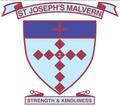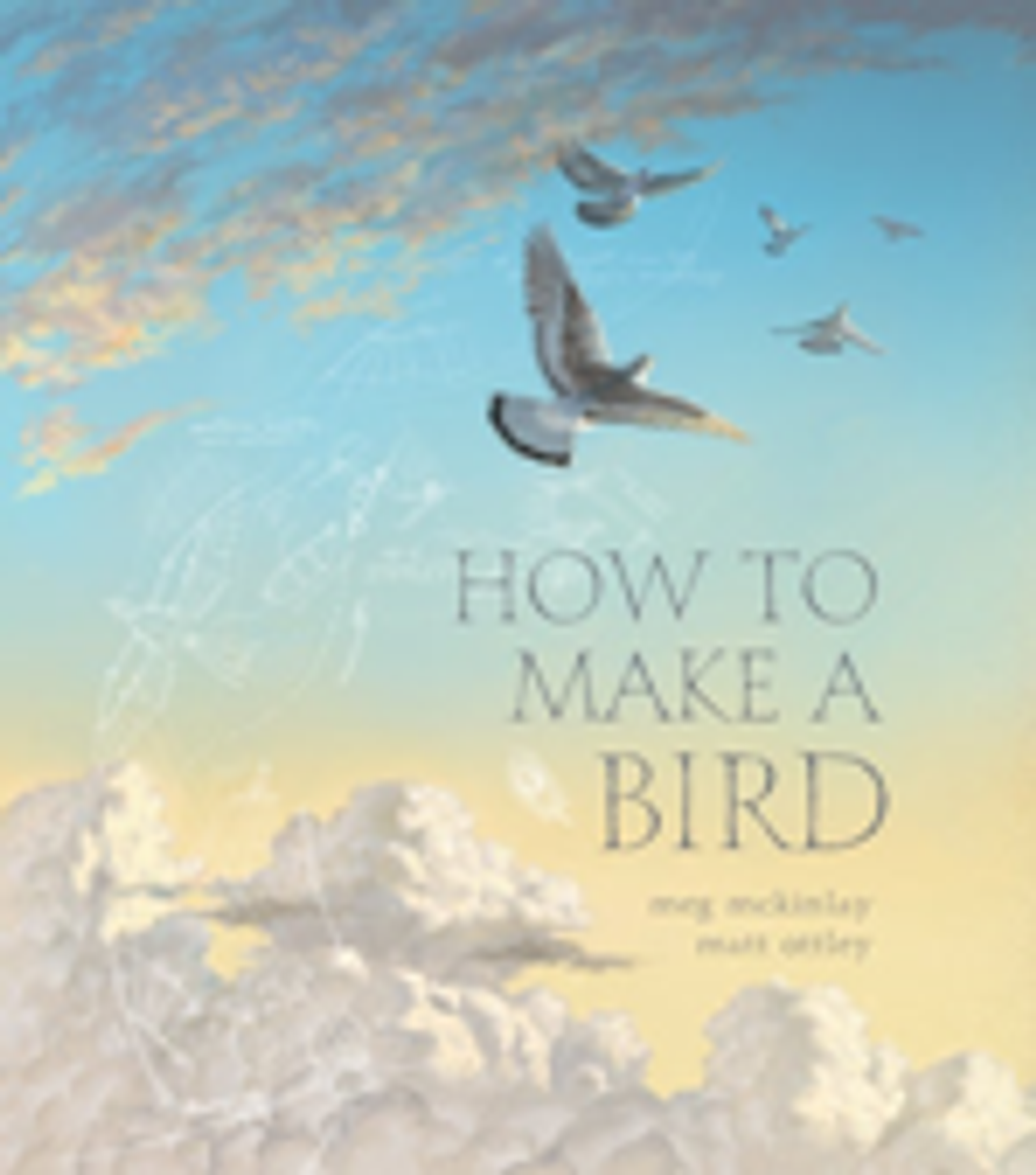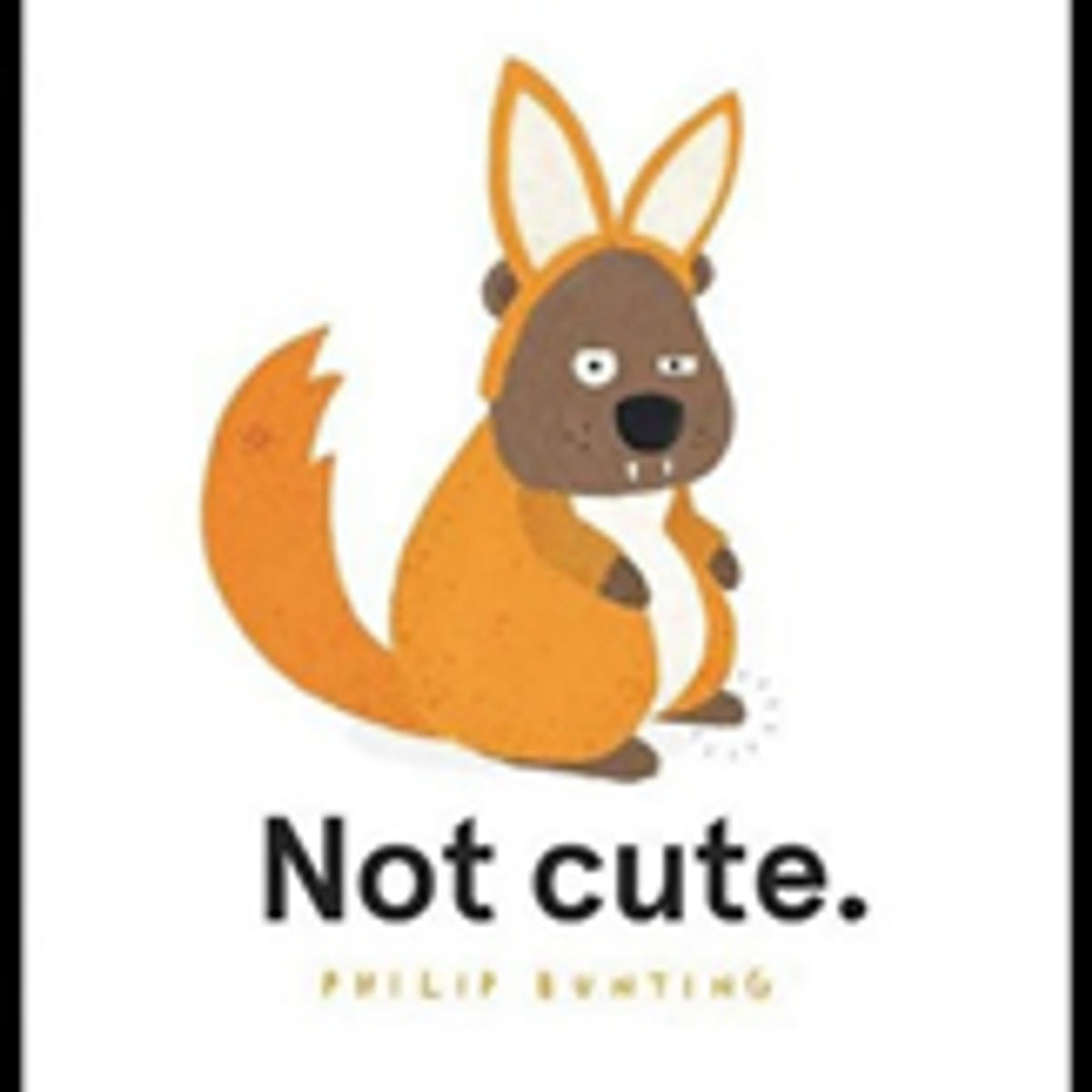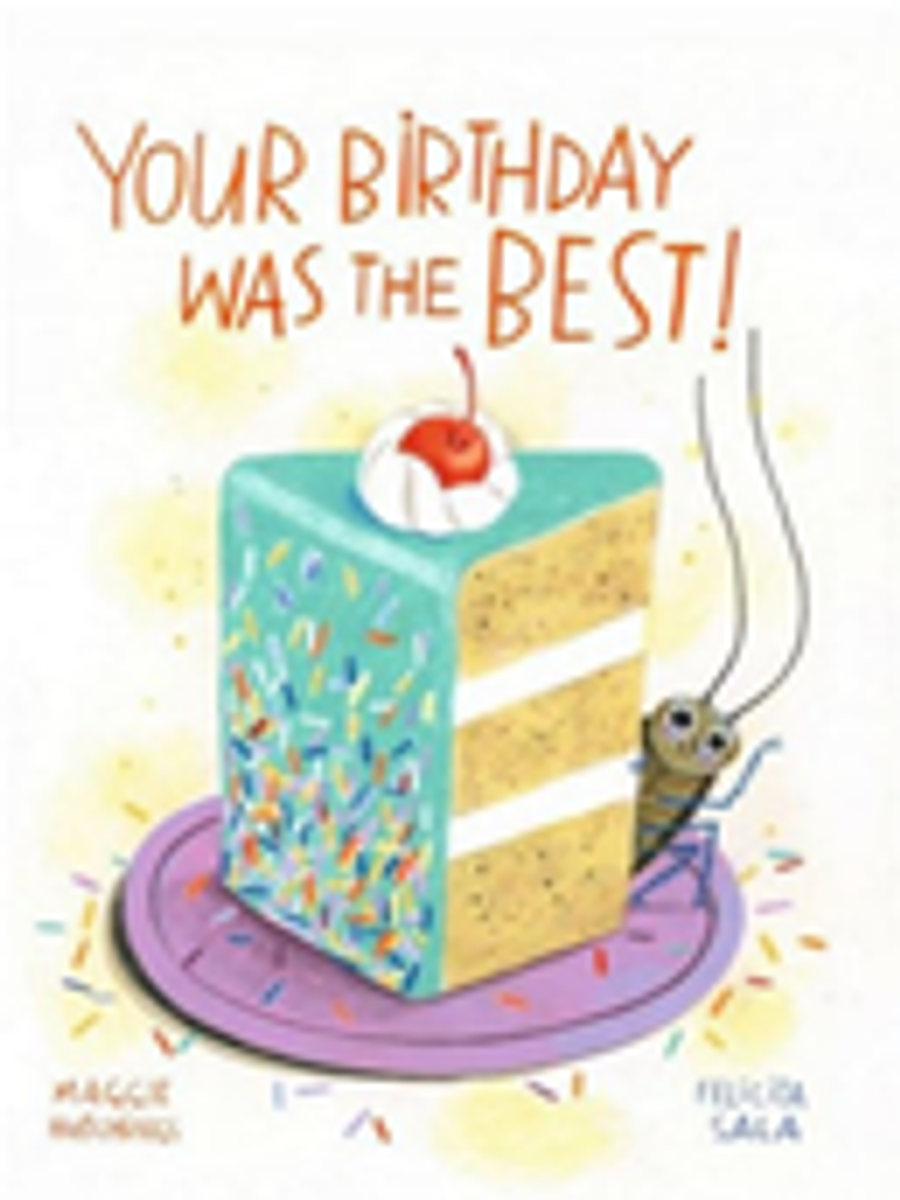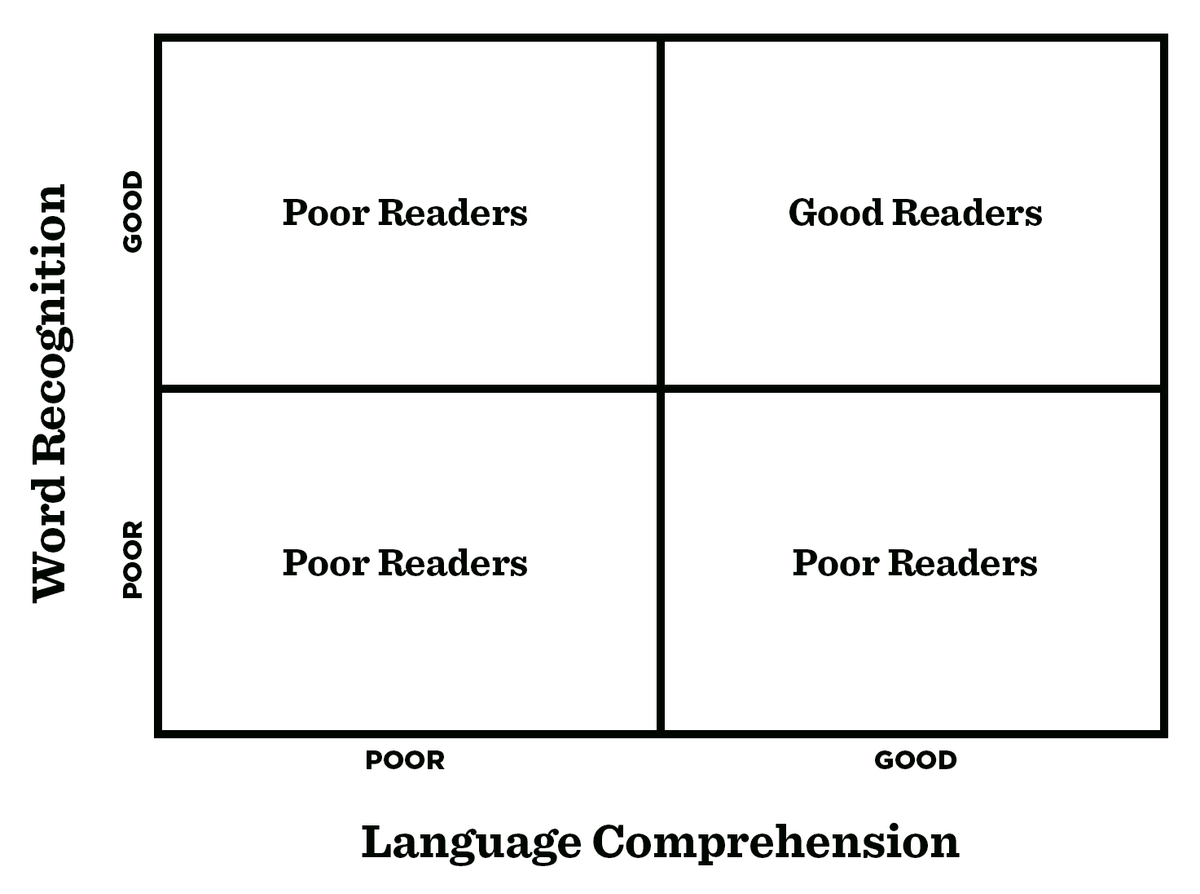Book Week at St Joseph's

We can’t wait to have all the students back at school so we can celebrate Book Week together with a parade and fun activities. In the meantime, the students have been exploring the books during remote learning that were nominated for a Children’s Book Council Award.
The winning books have been announced and the Picture Book Award for 2021 went to “How to Make a Bird” by Matt Ottley. The book “Not Cute,” and “Your Birthday Was the Best” received an honours award.
Many students shared a photo of themselves reading in their favourite places. It’s wonderful to see so many students enjoying reading!
Tips for parents: how to improve your child’s reading comprehension
As teachers, we often get asked by parents “How can I help my child at home with their reading?” To answer this question we need to look at the latest scientific research about how children learn to read. It is based on the research work of Gough and Tunmer in 1986 proposed a formula called “The Simple View of Reading.” Many studies have been done to try and disprove this theory and they have only been able to prove it.
The Simple View of Reading shows us that, while reading is a complex activity, it can be represented as two interdependent processes: Word recognition (decoding) and language comprehension. To put it simply, students need to learn decoding skills and language comprehension skills to become good readers. Two components of language comprehension skills are having a breadth of vocabulary and an understanding of background knowledge (knowing lots of facts).
This is where you can assist your child’s reading comprehension.
Vocabulary is one of the keys to reading comprehension. Readers cannot understand what they are reading without knowing what most of the words mean. As children learn to read more advanced texts, they must learn the meaning of new words that are not part of their oral vocabulary.
Talking to and reading with your child are two terrific ways to help them hear and read new words. Conversations and questions about interesting words ("The book says, 'The boy tumbled down the hill,' and look at the picture! How do you think he went down the hill?") are easy, non-threatening ways to get new words into everyday talk.
Sharing a new word with your child doesn't have to take a long time: just a few minutes to talk about the word and then focus back on the book or conversation. Choose which words to talk about carefully — choosing every new word might make reading seem like a chore. The best words to explore with your child are ones that are common among adult speakers but are less common to see in the books your child might read.
When introducing new words to your young learner, keep the following four helpful hints in mind:
First, provide a simple, kid-friendly definition for the new word:
Enormous means that something is really, really big.
Second, provide a simple, kid-friendly example that makes sense within their daily life:
Remember that really big watermelon we got at the grocery store? That was an enormous watermelon!
Third, encourage your child to develop their own example:
What enormous thing can you think of? Can you think of something really big that you saw today? That's right! The bulldozer near the park was enormous! Those tires were huge.
Lastly, keep your new words active within your house.
Over the next few days and weeks, take advantage of opportunities to use each new vocabulary word in conversation.
Using these strategies are also extremely important with older students. As they read longer texts the vocabulary becomes more complex which can challenge understanding and comprehension.
At St Joseph’s we explicitly teach vocabulary during reading and writing lessons. However the more exposure your child gets, the more you can assist with their reading comprehension.
Amanda Jackson
Literacy Leader
